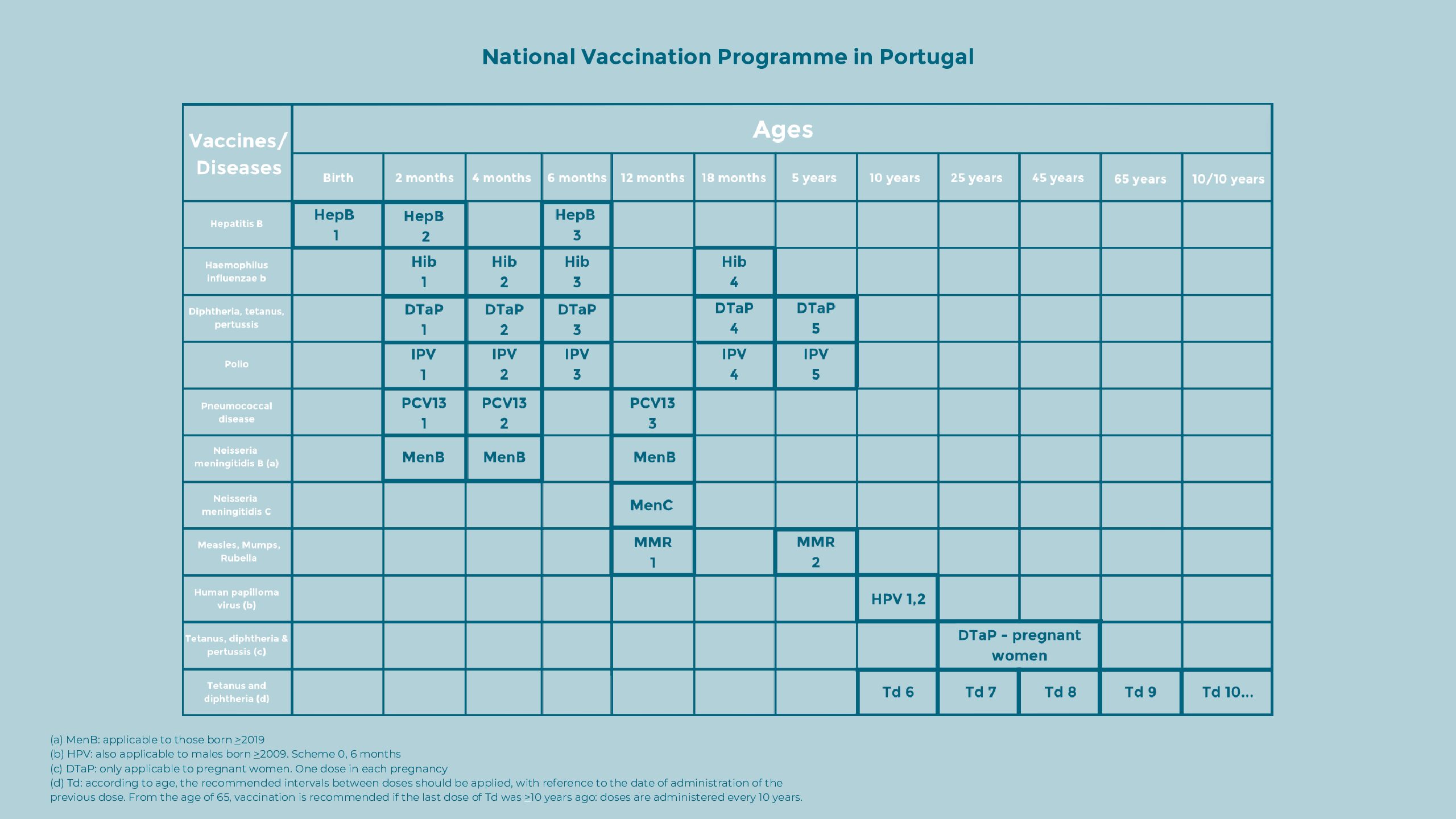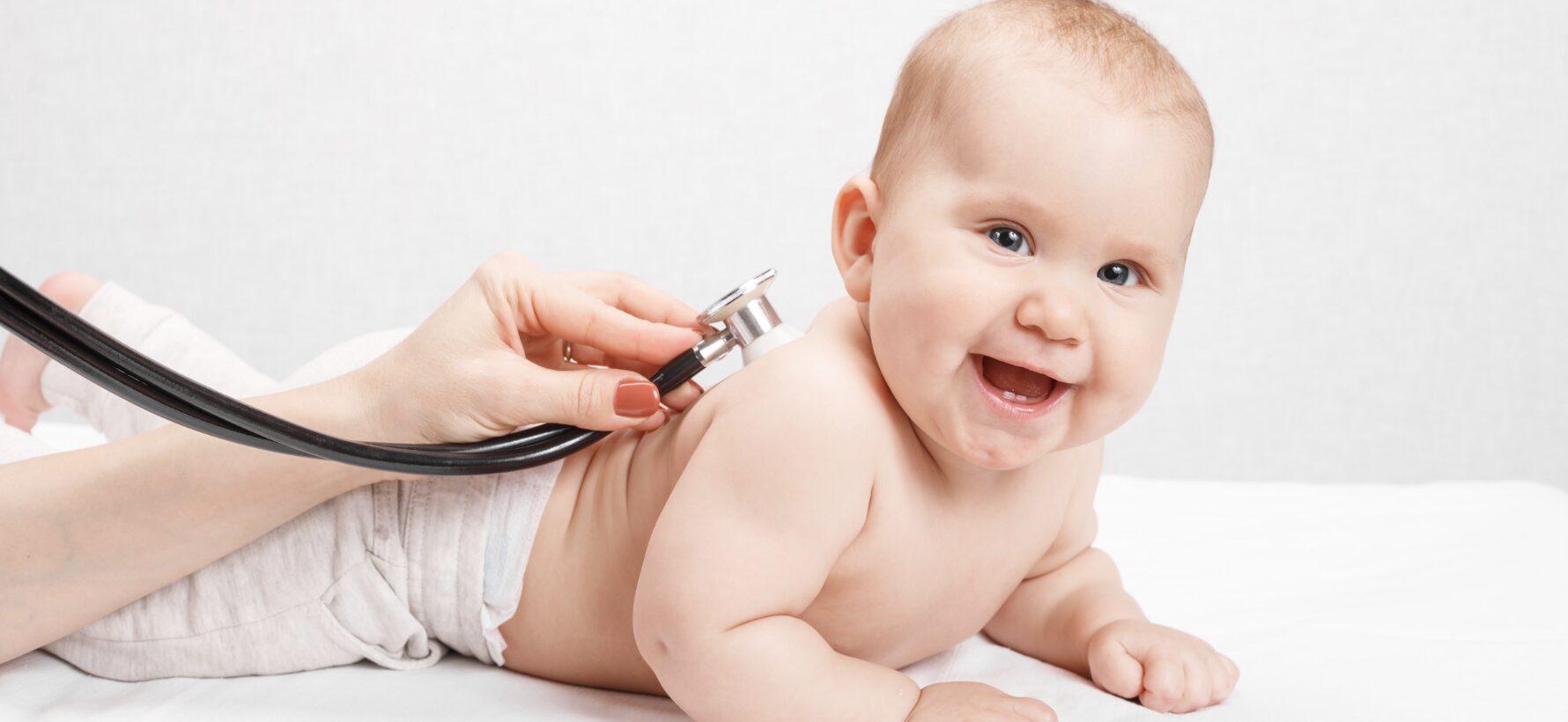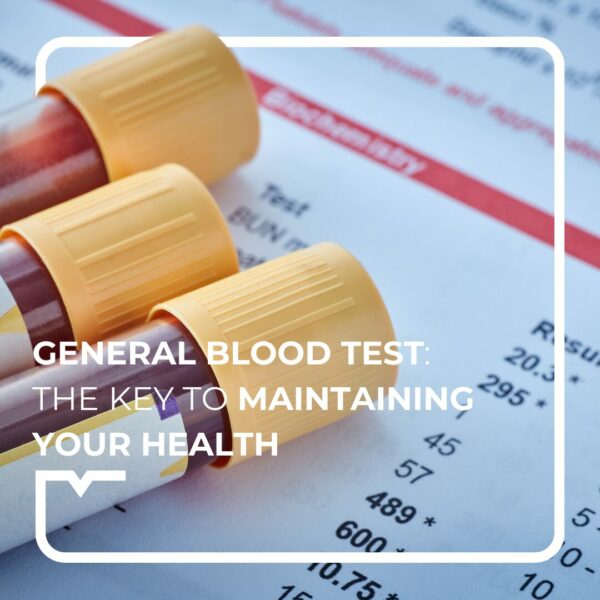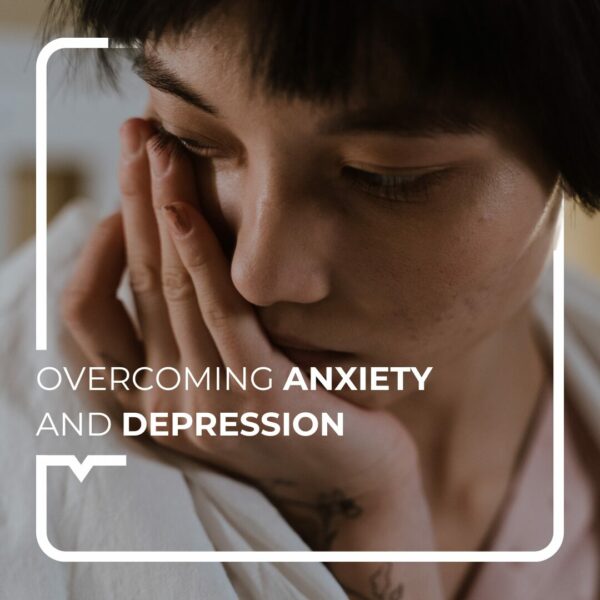Everything you need to know about medical care for newborns
Laura and Charles have just had their first baby. They are wondering if the medical care for newborns babies in Portugal is the same as in their country of origin.
Hello, this is Dr. Joy!
Today, I’m going to explain what medical care for newborns in Portugal involves, so that you can be as prepared as possible for your appointments and feel more comfortable talking to the doctors during your consultations.
The pediatrician’s role
Pediatricians are specialists in children’s health. They see newborn babies from birth and follow them until they are 18 years old. He or she has a perfect understanding of child development, childhood illnesses and the best way to eat, sleep and breastfeed… They are able to identify and treat any physical or psychological problems in children at an early stage, right from birth.
From birth, a child must be regularly monitored by a pediatrician: growth assessment, vaccination schedule, sensory tests, assessment of language and communication, motor skills, psychological well-being, etc. In addition to these rituals, pediatricians can advise parents on the best daily habits to adopt with a child : diet, hygiene, education, psychology, sleep, language, etc. They listen and reassure thanks to their expertise. Pediatricians work in hospitals, clinics or private practices.
They are there to help and support new parents as best they can.
Newborn examinations : from birth to 8 days of life
The purpose of the various examinations given to babies from birth is to monitor their health after birth.
Antenatal examinations at the maternity hospital
A few minutes after delivery, the newborn is taken to the treatment room. The medical team examines the baby’s weight and height, and carries out a number of screening tests and checks :
At the time of birth :
- Apgar Score : this is used to assess the vitality of the newborn at 1, 5 and 10 minutes after birth. Measurements are taken according to 5 criteria :
- Heart rate (between 100 and 160 beats per minute)
- Respiratory rate (between 30 et 50 breaths per minute)
- Muscle tone
- Reactivity
- Coloration
- An overall morphological examination
- A vitamin K injection to prevent a possible cerebral hemorrhage
During the maternity stay
- The pediatrician visits the baby and its parents daily in the room and on the day of departure
- Neonatal care : This is the constant monitoring of the baby by midwives, nurses and neonatal nurse practitioners. The teams monitor the baby throughout its stay in the maternity unit and alert the referring pediatrician if there are any abnormal signs.
- The 1st dose of the hepatitis B vaccine is administered.
- Heel test : This blood sample, usually taken from the heel, is used to detect several conditions such as cystic fibrosis or congenital hypothyroidism.
This test is carried out on the 3rd day after birth. If you have left the maternity hospital before this 3rd day, you should take your baby to the health center between the 3rd and 6th day so that he or she can be tested.
Other tests and examinations are also carried out :
- Neonatal deafness : The technician carries out tests to detect possible hearing impairment in a newborn baby. Hearing problems can be detected before the baby leaves the maternity hospital, and further tests are carried out depending on the results.
- Screening for serious heart disease in newborns using saturometry, a simple, safe and non-invasive method.
Infant follow-up appointments with the pediatrician
In the 1st year, 7 follow-up appointments are scheduled in Portugal, the first between the 1st, 2nd, 4th, 6th, 9th, and 12th months.
These appointments are also an opportunity for parents to ask questions and share their doubts and concerns.
1) The 1st examination
It takes place between the 7e and 15e day of the child’s life. Its main purpose is to ensure that the baby has recovered its birth weight.
2) Examinations in the 1st, 2nd, 4th, 6th, 9th et 12th months
At these appointments, he will assess the child’s growth and psychomotor development and carry out a general physical examination.
3) Vaccination
The vaccines included in the national vaccination plan are free, do not require a prescription and can be administered at your local health center.
Other vaccines that are no part of the national vaccination plan may be recommended, such as those against rotavirus and ACWY meningitis. These can be bought from a pharmacy and then administered at the health center with a prescription from your pediatrician.

Our advice for a good appointment with your pediatrician
- Write down your questions to ask the doctor
- Feed and change your baby beforehand
- Bring a toy or cuddly toy to keep your baby occupied
- Bring a change of clothes for your baby
- Carry your baby and reassure him/her by talking to him/her
- Bring your baby’s health record
If you have any doubts or questions, don’t hesitate to consult our teams. If your child has any unusual symptoms such as fever, diarrhea, unresponsive behavior, extreme tiredness, crying or vomiting, make an appointment to see the doctor straight away.
Sources:
Book an appointment with our pediatrist


